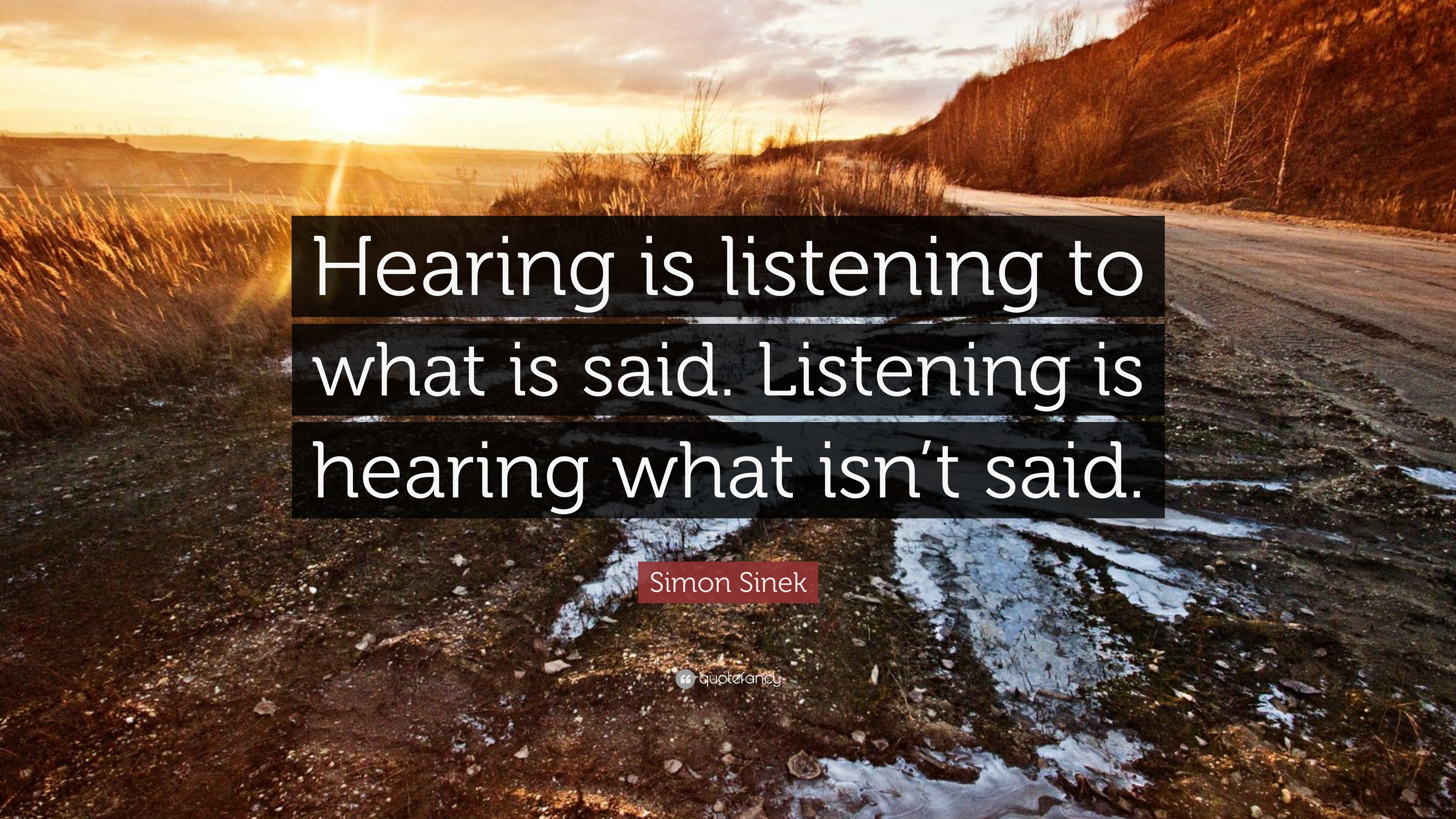
Whether you are reading your favorite magazine or listening to an audiobook for entertainment, the same cognitive processes are taking place in the brain. What Are the Similarities Between Reading and Listening?Īccording to professor of University of California professor Matthew Traxler, reading and listening have similar effects on the human brain. What do reading and listening have in common? How do reading and listening differ? What are the advantages of listening to audiobooks? How does the learning process work? And, is it true that audiobooks can replace printed books? But, let’s start from the beginning. The truth may surprise you, so read on to learn more about reading vs.

It’s not surprising, given that technological advancements allow people to listen to audiobooks, podcasts, and other educational materials while doing something else. In fact, in the twenty-first century, listening will be the most valuable skill. It is a skill that has existed since the dawn of time.įurthermore, futurists predict that in the near future, listening skills will overtake reading skills in terms of importance. In comparison to reading, which is a relatively recent development, listening has a much longer history. Given that reading was once the dominant skill, it may come as a surprise to learn that listening is just as efficient and productive as reading. While this debate still lasts, you can be sure that you will benefit from using both of them. Are you waiting to speak? Are you paying attention? Open your heart to receiving the thoughts, concerns, and emotions of your loved one.In our digital era, when audiobooks are more popular than ever, the question arises-which skill is better: listening or reading? Business professionals and educators argue about which method is more effective to learn and retain information: reading or listening. Try mindfully listening to a loved one today. By thoroughly listening, we engage silently in a spiritual dialogue with the other person, communicating to them their worthiness, our love, and our attention. Listening is never one sided, though only one person may be doing the talking. Listening actively, dynamically, and compassionately to another human being not only appreciates them, but helps them to appreciate us. True listening requires a concession of our self-centered desires and truly focusing on the other person in the conversation. We have a habit of only listening in order to formulate our best responses, advice, arguments, or defense. As the doctors state, listening takes both time and intention. Being listened to means being appreciated and understood. Many psychologists and spiritual gurus talk about the importance of being heard and acknowledged. Two, we acknowledge that the meaning of what is being said is worth understanding.ĭoctors Judith Sherven, PhD and James Sniechowski, PhD write that when we ask ourselves about what we want from someone, what we want is to be understood, to be appreciated. One, we acknowledge that what is being said has meaning. Quite literally, when we say “I hear you” we’re telling someone “I am receiving the sounds you’re making.” When we say “I’m listening to you,” we’re acknowledging two things. More specifically, listening is about finding meaning in what we hear. Listening is when attention is paid to understanding what a sound is.

Even though this process revolves around hearing, perceiving and interpreting sound, it is actually a form of listening. If for some reason the train doesn’t come by, the brain will notice. The train will be heard with disturbance for a time while the brain habituates to the auditory input.ĭishabituation occurs when the brain involuntarily notices the absence of normal stimuli. Habituation is a psychological process in which the brain acclimates itself to a certain stimulus, for example, a train that goes by at the same time every day. Sound can be interpreted in exponential ways.

Hearing is the actual biological process of receiving sound. At their core, listening and hearing are two very different practices.

When we say these things in the midst of an active conversation or argument, we likely use them interchangeably.


 0 kommentar(er)
0 kommentar(er)
